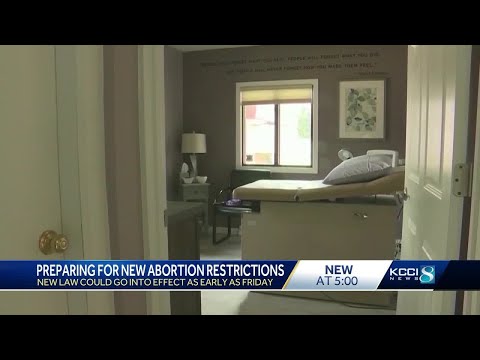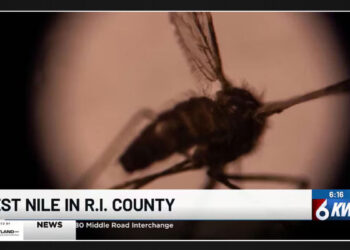DES MOINES, Iowa— The more stringent abortion access law in Iowa could be implemented as early as this Friday. The district court’s response time is the determining factor.
Currently, individuals in Iowa are permitted to obtain abortions until 20 weeks into their pregnancy. Nevertheless, abortion will be prohibited upon detection of cardiac activity as a result of a state supreme court ruling. According to health professionals, this phenomenon typically occurs within six weeks.
There are a few exceptions. In the event of rape, incest, miscarriage, fetal abnormalities, or medical emergencies, an abortion may still be performed. However, those exceptions are still subject to certain restrictions.
For example, rape and incest are only considered valid exceptions if they are reported to law enforcement or health agencies within 45 days, such as a family physician.
Additionally, a congenital abnormality is only recorded if a physician determines that the condition is incompatible with life. Nevertheless, not all of these exceptions apply to an individual who is 20 weeks of age or older.
The only exception that would apply would be a medical emergency if cardiac activity persists after that point.
Additionally, the legislation establishes regulations that physicians are required to adhere to. Physicians will be required to conduct specific testing to assess cardiac activity before contemplating an abortion if no exceptions apply.
Additionally, they will be required to provide the patient with a document that they must sign, indicating that they are aware of the results of the test and the circumstances under which abortion is unlawful.
The expectant individual’s medical record will contain the results of the cardiac activity testing, the signed form, and the documentation.
Nevertheless, the legislation explicitly states that an individual will not be held accountable for an abortion they undergo, even after signing the aforementioned documentation. The potential penalties are not specified in the law, but only the abortion provider may be subject to persecution.




